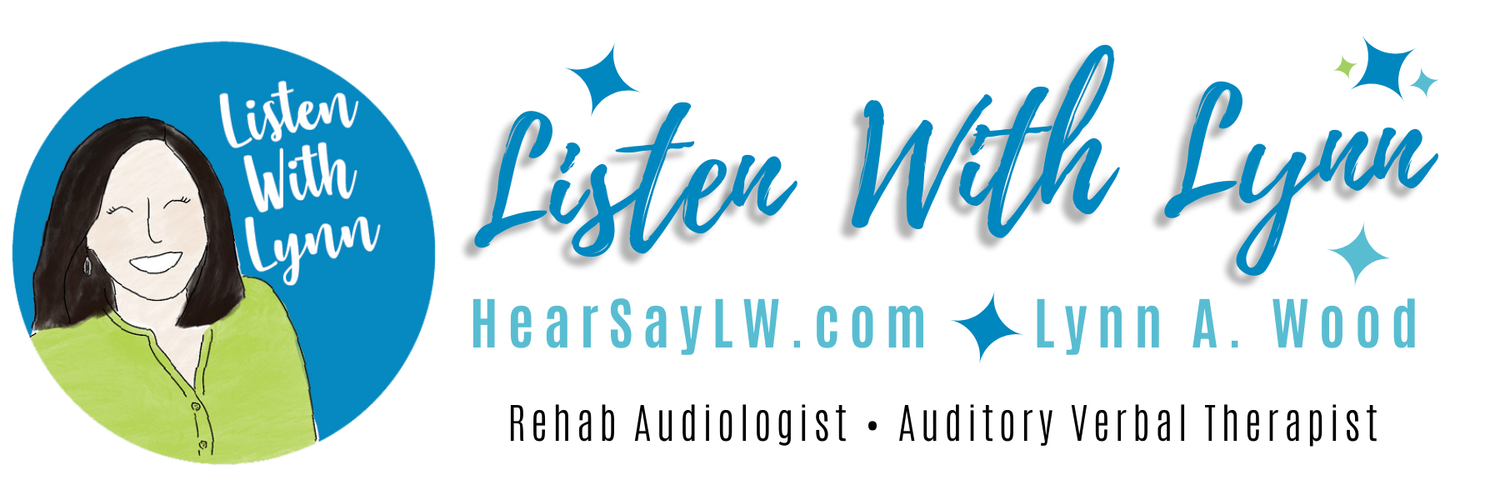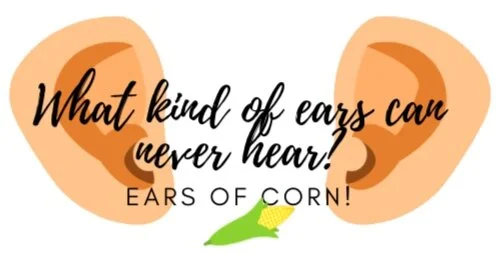A child’s ability to understand humor is evidence of growing listening, spoken language, and social skills. Many children who are deaf and hard of hearing are concrete thinkers and lack linguistic flexibility which has a negative impact on literacy, academic and social success. Research offers evidence of the value of understanding humor as a key element in developing higher-level language skills and complex language patterns such as inferences, multiple-meaning words, and idioms which are often weak for children with hearing loss without intervention.
Understanding jokes and why they are funny builds vocabulary, figurative language, and knowledge of structural and lexical ambiguity. Learning to tell jokes encourages clear speech, appropriate prosody as well as perspective-taking and social skills. Memorizing jokes to tell improves auditory memory skills.
Talk about different kinds of jokes. Jokes that ask a question with a “punch line” that makes people laugh. Knock - Knock jokes have two parts and are usually funny because one word sounds similar or rhymes with a different word. Ask a child to explain why a joke is funny. If not many bluff and laugh without understanding.
When learning how to reply and tell jokes a script is helpful. “I have a joke for you.” introduces the topic of conversation. Explaining that jokes are not logical and the answers are tricky is important. Teaching the child to respond with “I don’t know. I give up.” works well.
Child: I have a joke for you.
Adult: Ok. I’m ready.
Child: What is a dog’s favorite snack?
Adult: I don’t know. I give up.
Child: Pup-corn! LOL!
In my auditory verbal practice, children often age 5-7 come prepared with a joke to share. They draw a picture of the joke on one side of a piece of paper and the answer goes on the back often written by a parent.
Monthly and seasonal Riddles & Jokes are available for FREE in my Listen With Lynn shop. Share them in teletherapy, distance-learning or send home for fun and practice. They can be printed cut out and adhered to index cards for easy re-telling.




